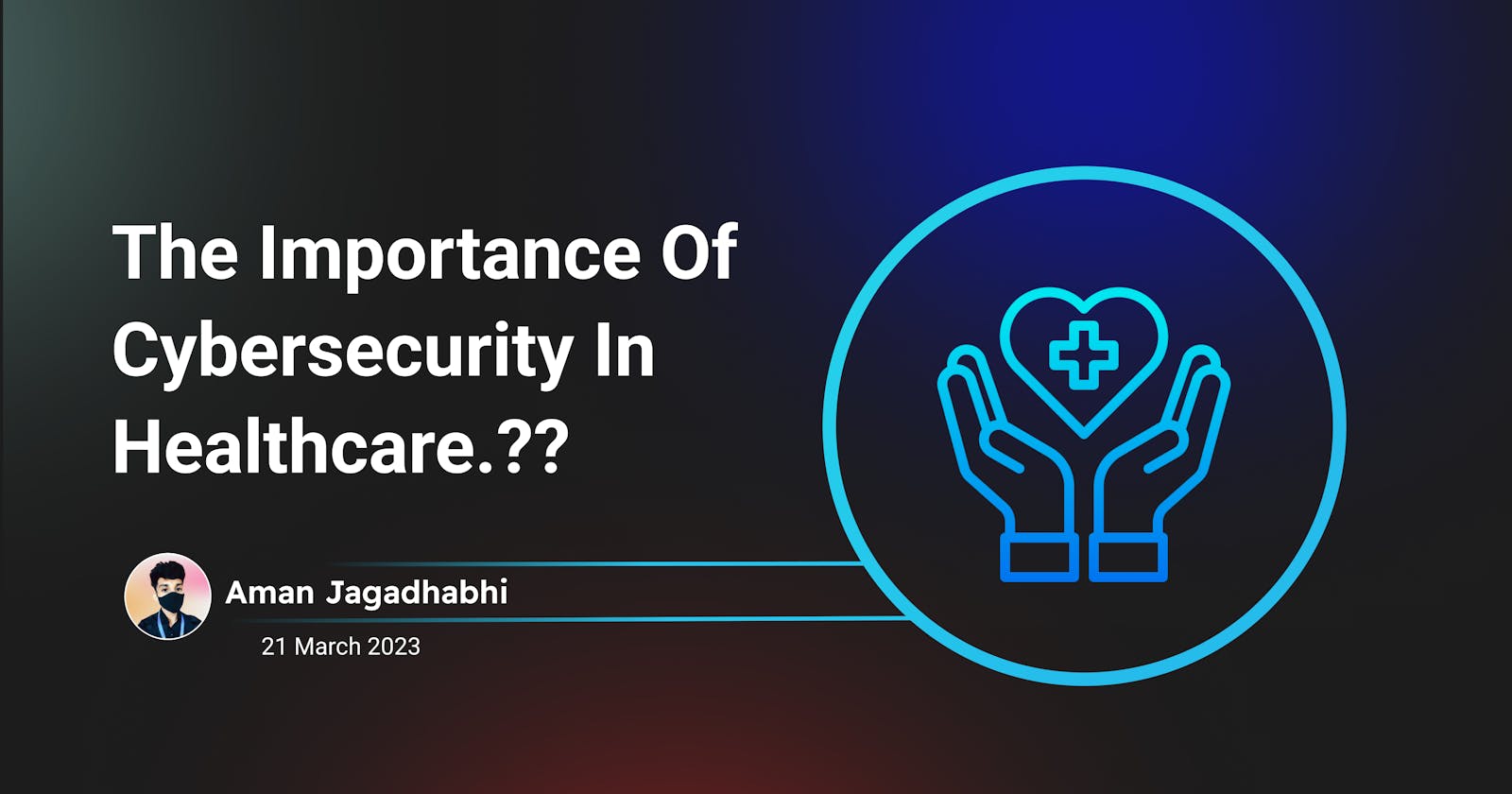The Importance of Cybersecurity in Healthcare:
Cybersecurity is essential in healthcare for several reasons. First, patient data is highly sensitive and valuable, and healthcare providers must ensure that it is protected against unauthorized access, theft, or tampering. Second, healthcare providers must maintain trust with their patients by ensuring that their personal information is kept confidential and secure. A data breach or cyber attack can erode patient trust and damage the reputation of the healthcare provider. Finally, cybersecurity is essential for healthcare providers to comply with regulations such as HIPAA (Health Insurance Portability and Accountability Act), which mandates the protection of patient data.
Tips to Improve Cybersecurity in Healthcare:
- Conduct Regular Risk Assessments:
Conducting regular risk assessments can help identify vulnerabilities in the healthcare provider's security infrastructure. A risk assessment involves analyzing the potential threats and risks to the healthcare provider's information systems and data and then developing a plan to address them. It is recommended to conduct a risk assessment at least once a year or whenever there are major changes in the organization's IT infrastructure.
def risk_assessment():
# identify potential threats and risks to the healthcare provider's information systems and data
# analyze vulnerabilities in the security infrastructure
# develop a plan to address the identified risks and threats
# conduct risk assessment at least once a year or whenever there are major changes in the IT infrastructure
pass
- Implement Strong Password Policies:
One of the simplest yet most effective ways to improve cybersecurity in healthcare is to implement strong password policies. Healthcare providers should require employees to create complex passwords, including upper and lower case letters, numbers, and special characters. Additionally, passwords should be changed regularly, and employees should be prohibited from sharing their passwords with others.
def password_policy():
# require employees to create complex passwords
# include upper and lower case letters, numbers, and special characters
# prohibit employees from sharing their passwords with others
# change passwords regularly
pass
- Use Encryption:
Encryption is a method of converting information into a code that only authorized individuals can read. Healthcare providers should use encryption to protect sensitive patient information, such as medical records and personal information. Encrypted data is useless to cybercriminals, even if they manage to steal it.
def encryption():
# encrypt sensitive patient information, such as medical records and personal information
# convert information into a code that only authorized individuals can read
# ensure that encryption keys are stored securely
pass
- Educate Employees on Cybersecurity Best Practices:
Employees play a critical role in cybersecurity. Healthcare providers should provide regular training to employees on how to identify and avoid cyber threats. This includes identifying phishing emails, malware, and other types of cyber attacks. Employees should also be trained on how to report any suspicious activity to the IT department.
def employee_training():
# provide regular training to employees on how to identify and avoid cyber threats
# train employees on how to report any suspicious activity to the IT department
# conduct phishing simulations to test employee awareness and readiness
pass
- Implement Multi-Factor Authentication:
Multi-factor authentication (MFA) is an authentication method that requires users to provide two or more credentials to access a system or application. MFA provides an extra layer of security

